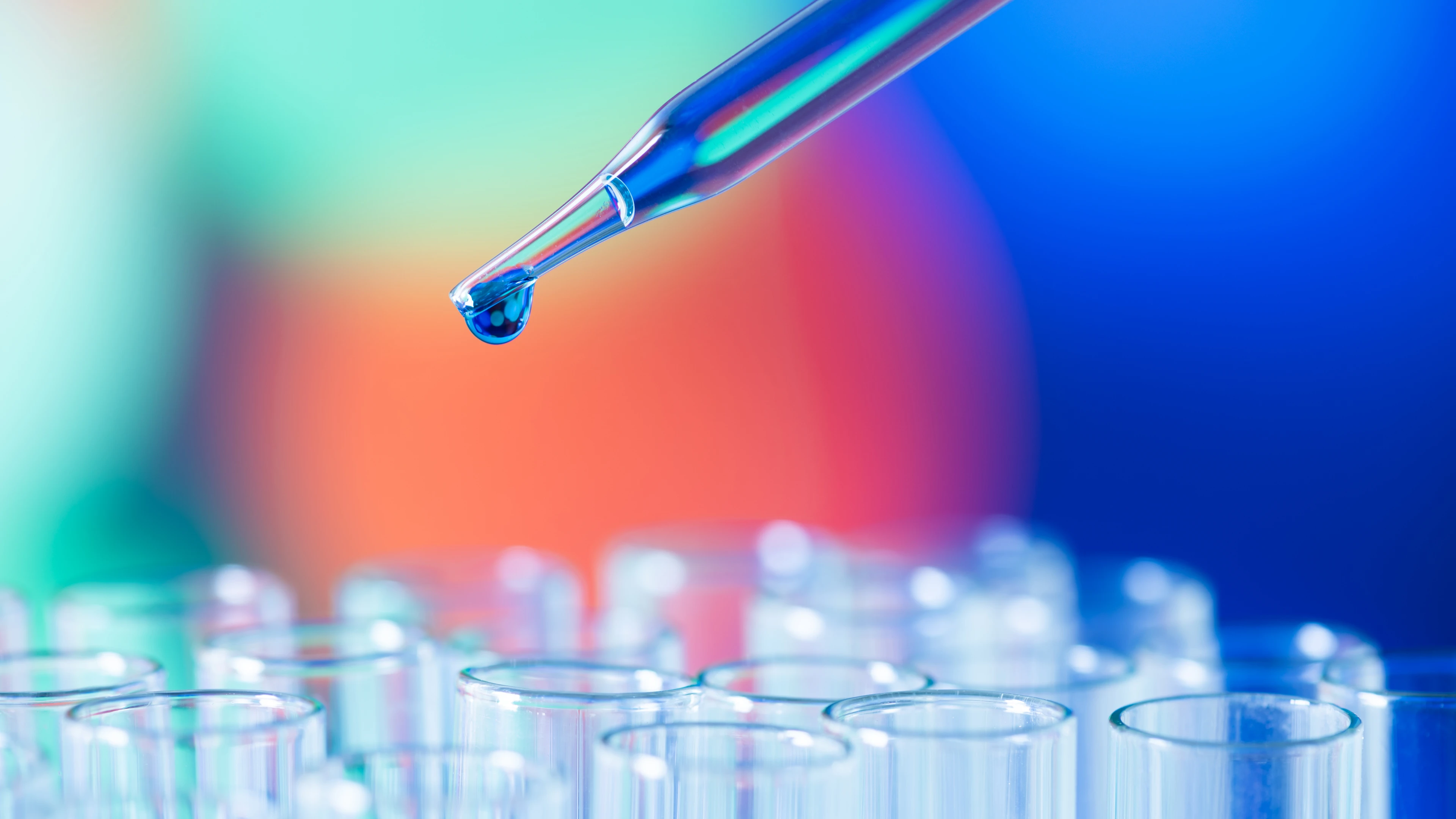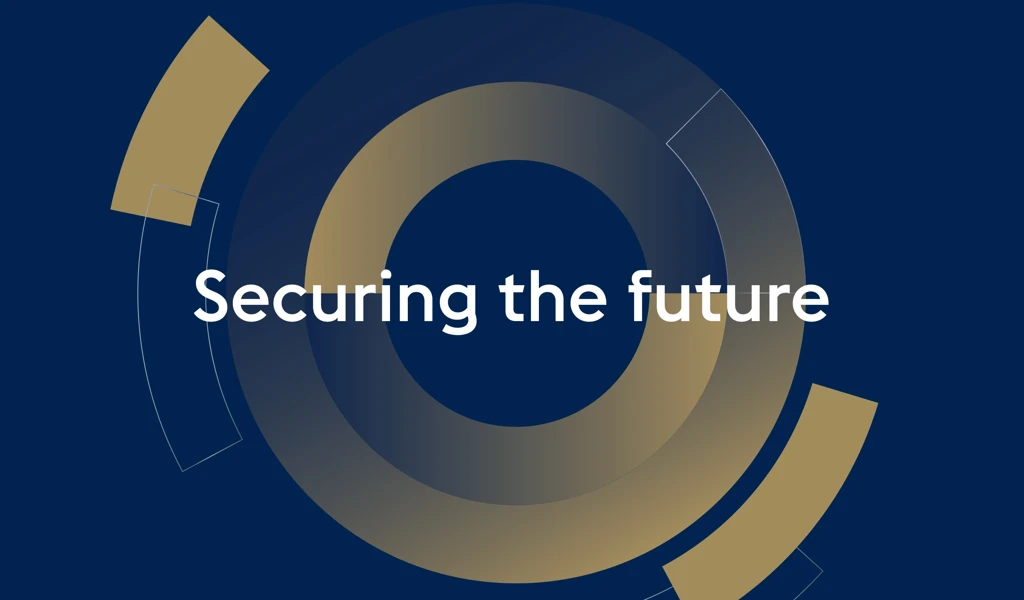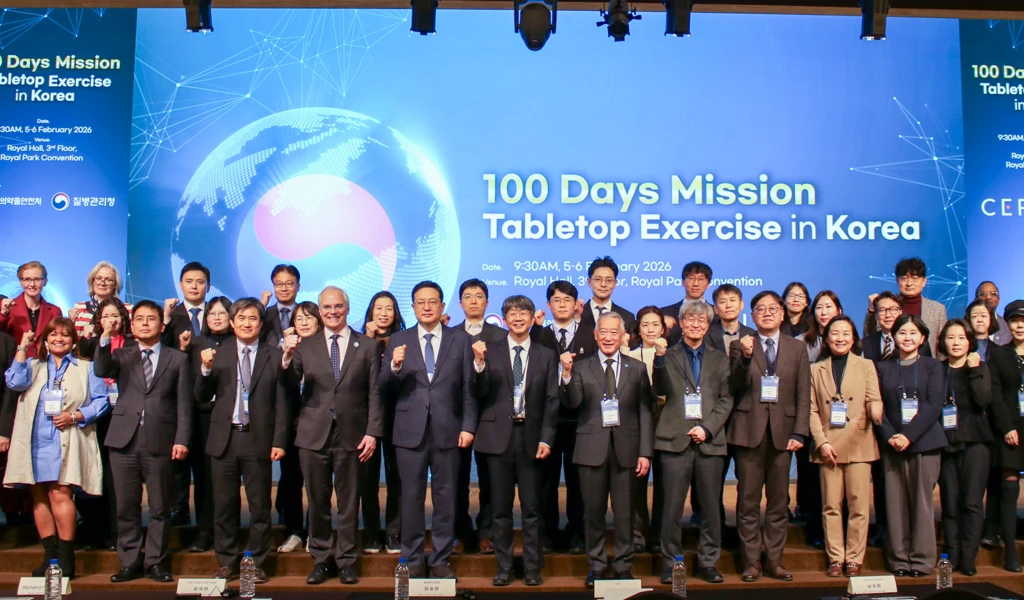OSLO/BOSTON/MADISON, 2 Aug – Researchers in the US are pursuing pioneering technology that may be able to rapidly create safe and effective vaccines against deadly epidemic and pandemic diseases that are more stable and less expensive than current vaccines. This has the potential to benefit more people globally.
CEPI is giving Boost Biopharma a $5 million cash injection to advance its cutting-edge rapid antigen design process that has the potential to quickly create new vaccines against troublesome viruses, like SARS-CoV-2—the virus behind COVID-19—and its constantly evolving variants, along with other vaccines of global interest.
Boost’s vaccines are made with protein antigens—molecules that mimic a part of a virus which our bodies then recognize and respond to—in order to provide protective immunity. Accelerating the development of protein vaccines could meet or exceed the speed at which other types of vaccines, like mRNA vaccines, are made. This could enable faster responses to future emerging outbreaks, in support of CEPI’s 100 Days Mission.
“Despite COVID-19 vaccines protecting millions of lives worldwide, we have constantly been one step behind the SARS-CoV-2 virus, with a Greek alphabet salad of different variants and subvariants often evading the tools we have developed” says Dr In-Kyu Yoon, Executive Director of Vaccine Research and Development (Acting) at CEPI.
“Being able to quickly update protein vaccines against fast-emerging viral mutations at pace with mRNA vaccines has the potential to be a gamechanger when faced with future COVID-19 variants or another evolving threat, as protein vaccines are currently cheaper to produce and more stable, which could help get them to more people worldwide.”
Since 2020, Boost’s scientists have been developing a specialised type of protein antigen, built with a molecule that improves stability and could also enhance our bodies’ immune response. Boost achieves this by making its antigens a better target for the human immune system. Boost believes this could result in safer and more potent vaccines, some of which may not need additional immune-boosting components known as adjuvants.
Boost’s antigen construct has also been shown to be stable at high temperatures, which has the potential to improve distribution, and it is easily purified, which helps to speed up manufacturing and keep costs low.
The new CEPI funding will support a Phase I clinical trial of Boost’s COVID-19 vaccine being conducted in collaboration with the US National Institutes of Health (NIH) and National Institute of Allergy and Infectious Diseases (NIAID).
The trial will administer Boost’s vaccine to participants either by injecting it into the muscles or misting it in the nose. Administering the vaccine as an adjuvant-free nasal mist offers the possibility to safely create an additional layer of protection, known as mucosal immunity, which scientists believe may offer a way to stop onward transmission of coronaviruses and other airborne respiratory viruses.
If the trial data are positive and acceptable to the US Food and Drug Administration (FDA), Boost will develop protein vaccines against future COVID-19 variants, as well as other diseases with outbreak potential.
NIAID’s Preclinical Services Division have supported the development of this vaccine, including immunogenicity studies conducted at the University of North Carolina - Chapel Hill that demonstrate the potential for Boost’s vaccine antigens, including their strong performance relative to an mRNA vaccine.
“We’re incredibly pleased to have CEPI’s support as Boost transitions from three years of preclinical development into our first human clinical trials,” notes Dr. Steve Gold, one of Boost’s co-founders and its CEO.
“While it’s wonderful validation of our entire team’s efforts—especially our scientific co-founders based in Madison, Wisconsin—and our rapid antigen development technology, the best part is that CEPI’s support provides a clear pathway into the clinic for our vaccines. We hope that safety and efficacy will be fully demonstrated so that our vaccines will ultimately be approved and made available to help millions of people around the world. It has been a pleasure to get to know the dedicated and experienced team at CEPI, and we are excited to move forward together.”
Results from Boost’s research will be published in open access journals for the benefit of the global scientific community, in recognition of the commitment between CEPI and Boost to enable equitable access to the outputs of their partnership, in line with CEPI’s Equitable Access Policy.
This is the third project selected as part of CEPI’s 2023 call for vaccine innovations that could help the world better prepare for future epidemics and pandemics.
Boost is also conducting preclinical research on vaccines made using its rapid antigen development process against viruses including Dengue, Zika, West Nile, and Japanese Encephalitis. Boost has also created a SARS-CoV-2 monoclonal antibody that is effective against a wide range of variants in preclinical testing. The company can use its rapid antigen development approach to create other highly effective vaccines and monoclonal antibodies for other diseases.
ENDS
About CEPI
CEPI is an innovative partnership between public, private, philanthropic and civil organisations. Its mission is to accelerate the development of vaccines and other biologic countermeasures against epidemic and pandemic threats so they can be accessible to all people in need. CEPI has supported the development of more than 50 vaccine candidates or platform technologies against multiple known high-risk pathogens or a future Disease X. Central to CEPI’s pandemic-beating five-year plan for 2022-2026 is the ‘100 Days Mission’ to compress the time taken to develop safe, effective, globally accessible vaccines against new threats to just 100 days.
About Boost Biopharma
Founded in 2021, Boost Biopharma, Inc. is an early-stage biotechnology company with corporate operations in Woburn, Massachusetts and research laboratory facilities in Madison, Wisconsin. The company designs, engineers, and develops next-generation recombinant protein vaccine candidates, and engages in antibody discovery and development for therapeutics and diagnostics – with a focus on vaccines and monoclonal antibodies targeted against high-impact, global diseases. With support from CEPI, NIH/NIAID, and private investors, Boost is entering into clinical phase testing of its first vaccine, a next-generation SARS-CoV-2 protein vaccine for both intramuscular and nasal administration. The team’s mission is to ‘do well by doing good’ and to create a legacy by making vaccines and therapies that improve human health for billions of people around the world.



.webp)
